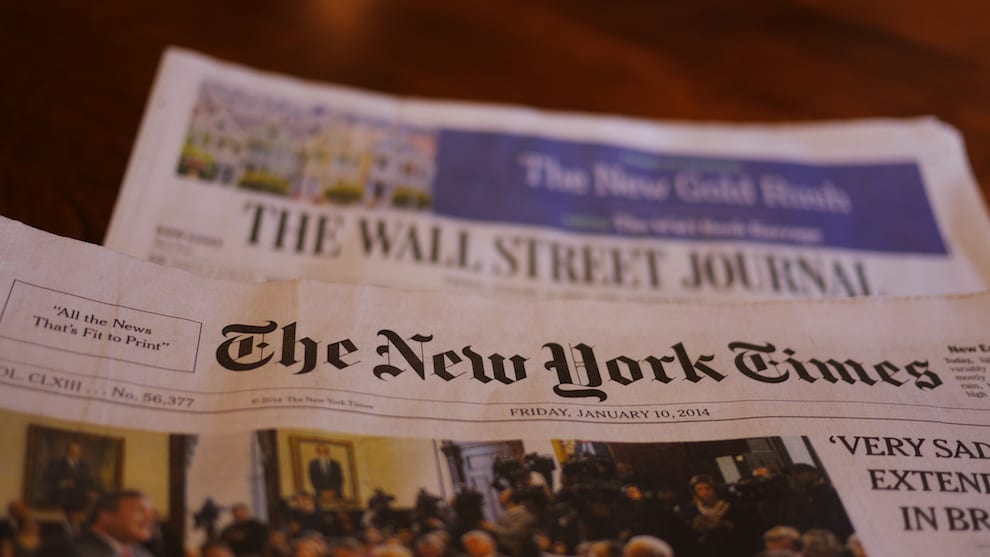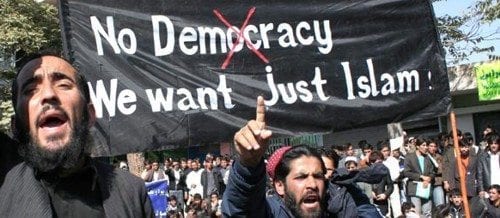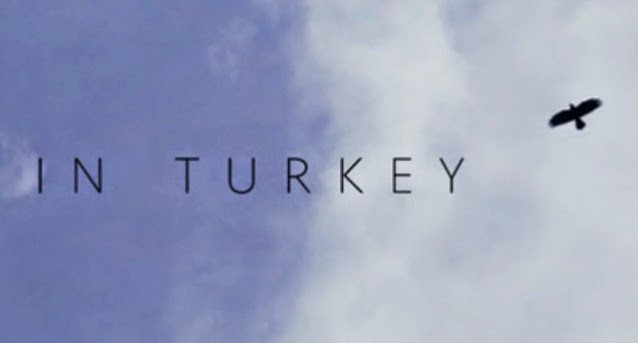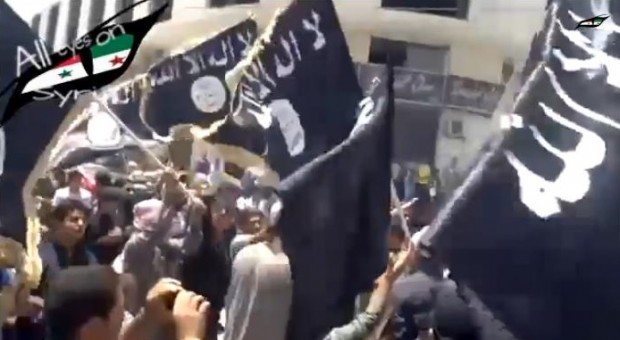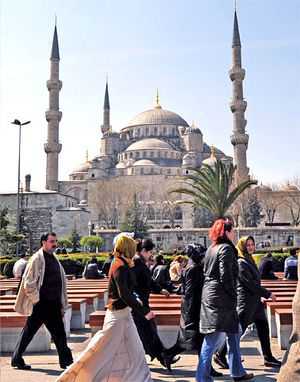The Dirty Dozen
The 12 people who ruined Turkey
From a 15th-century sultan to a 21st-century autocrat.
At first glance, Turkey’s election results suggested a triumph of democracy over the stifling dirigisme of one-party AKP rule. But with the country combusting from terror attacks, those cheers have turned out to be premature. Even before a government could be formed — and the dubious benefits of coalition rule could accrue — the social contract began to fall apart. In the interregnum, the regional and national pressures bearing on Turkey have been distinctly aggravated by President Erdoğan’s ruthless drive to retain power. Unquestionably, he inherited instabilities deeply rooted in the country’s history. But just as certainly, it was Erdoğan who revived Turkey’s recurrent political vices, and since he still sits in the preposterous presidential palace he built to direct his party in Parliament, there’s a real danger that the downward trajectory will continue.
Sultan Selim the Stern
Enver Pasha
Very few mourned when the Young Turks ousted the paranoid and ineffectual Sultan Abdulhamid ll in 1909. Enver Pasha led the new administration, one that promised to reverse two centuries of decline. Instead, Enver took the Empire into World War I in alliance with the Kaiser. He also intensified the purging of religious minorities initiated by Abdulhamid, notably the entire Armenian population of the strategic borderlands threatened by Russia. That legacy remains a thorn in Turkey’s side a century later, not just because of the genocide question, but because the Kurds (who did much of the purging) now largely populate those eastern provinces en bloc and grow more restive by the day.
Süleyman Demirel
Presiding over what was, arguably, the longest extended low point of the post-war era, Demirel served as prime minister five times between 1965 and 1993. His garrulously incompetent sway over numberless coalitions was interrupted by two coups in which the army had to re-cohere a country falling apart at the seams. Those interminable Demirel years demonstrated amply that he excelled at internal politicking and nothing else, while thousands died in the cities from leftist-rightist violence and double-digit inflation became the norm. Recurrent power blackouts, demonstrations, shuttered schools and colleges, fuel shortages and “no-go areas” in many towns spread a sense of doom across the country. It was chiefly because of Demirel’s paralyzing endurance that the public began to view the military as less corrupt, more efficient and, yes, more democratic than elected politicians.
General Kenan Evren
As the army general in charge of the 1980 military coup, Kenan Evren was a popular figure at first, even a kind of savior. The Turkish military, after all, had a reputation for restoring the country to democracy fairly quickly and in better shape than the politicians left it. So it was with Evren’s junta, which inherited a country on the brink of civil war. The ensuing draconian measures seemed fitting and necessary: a new Constitution, a National Security Council dominating government, curfews, mass arrests, news blackouts and the muzzling of free expression. Evren’s popularity soared. Even after the coup ended in 1983, Evren served as elected president for seven years. But the nation’s mood changed as details of his rule leaked out years later: 650,000 people (mostly leftists) arrested, 49 executed, hit squads committing extrajudicial killings, and routine torture in prisons. Under Erdoğan, he was subsequently tried and convicted for the coup but died of old age. Ironically, it was his Constitution that gave Erdoğan the legal instruments with which to persecute his political foes.
Bedrettin Dalan
As the first elected mayor in 1984 of Greater Istanbul, a newly delineated municipal authority, Dalan oversaw a number of highly popular urban rehabilitation projects, not least the clean-up of the Golden Horn. He built parks and sewage systems. But soon enough his unilateral approach to urban planning produced a series of unwanted and irreversible transformations of Istanbul’s ancient fabric. He built the coastal north-south road along the European Bosphorus that trapped rows of historic wooden “yalis” inside roaring traffic. The road led to a juggernaut of residential construction for which forests going back thousands of years had to be decimated. He grew so rich during his tenure that he endowed colleges and charitable foundations like a mafia don. He remains a fugitive from justice, in exile in Germany.
Tansu Çiller
Turkey’s first female Prime Minister took office in 1993, but Çiller did more to ruin the country in a short spell than anyone since the Ottoman era. For a former professor of economics she was singularly inept at her métier, presiding over the near-collapse of the lira and foreign reserves. All the while she amassed a personal fortune for which she was prosecuted for corruption by Parliament. She avoided punishment through political deal-making and technicalities. Worst of all, she directed a secret “dirty war,” mostly in the Kurdish areas, using far-right nationalist gangsters and paramilitaries while doing nothing politically to alleviate the situation. She did manage to get the PKK listed as a terrorist organization abroad. She never paid any heed to women’s issues.
Necmettin Erbakan
The godfather of the kind of fundamentalist tendency that now pretzelizes Turkish politics, Erbakan can be blamed for inventing, during the troubled 1970s, the blend of Islamic demagogy and fiscal corruption served up daily by Erdoğan’s party. Indeed, Erbakan was a political mentor of Erdoğan in the 1990s. Banned from politics repeatedly, he returned time and time again to set up parties under different names until he was ultimately forced out of power in 1997 by the military for infusing national affairs with religious bias. He and his fellow party members were successfully prosecuted for embezzling a million dollars after they lost parliamentary immunity. Erbakan introduced the formula of cronyism and political corruption as a form of Islamic governance in which welfarism laced with piety substituted for such “Western” principles of transparency and non-sectarian impartiality.
Abdullah Öcalan
A dinosaur from the left-wing guerrilla phase of liberation movements, “Apo” Öcalan now sits moldering in a Turkish prison, sometimes still directing negotiations and policies for parts of the Kurdish movement. There’s no question that the Turkish state has repeatedly missed opportunities to forge political solutions to the Kurdish question, but Öcalan’s PKK and its early horrific acts gave cover for a purely military response by the Turkish state. The PKK’s rape and murder of female teachers assigned to Kurdish areas, the videotaped torture and execution of kidnapped state employees — such horrors preceded ISIS by decades and made reconciliation infinitely harder. To get a real sense of how far the Kurdish mainstream has come since “Apo,” one only has to hear the civilized idealism of Selahattin Demirtas who led the Kurdish HDP party to such success in the recent election. Conversely, to measure how quickly it can all relapse to Öcalan-era brutality, one only has to peruse the headlines today.
The EU
The European Union missed numerous opportunities to solve a host of problems by accepting Turkey’s membership early on. Once part of the EU, Turkey and Erdoğan could scarcely have acted with such impunity as a conduit for ISIL recruits who return to threaten their European communities. Turkey itself would have benefited from further Westernization these last two decades while furnishing the EU’s Muslim population with a model for a more secular and democratized Islam. Instead, Turkey’s civic freedoms, unanchored to higher EU standards, have sharply deteriorated under Erdoğan; and its brand of Islam has moved closer to the Gulf’s, an impending disaster for Europe.
Melih Gökçek
The mayor of the capital, Ankara, and a leading AK Party stalwart, Melih Gökçek sports the full array of toxic Erdoğanista flaws. Elected first in 1994 and re-elected five times, he never shies from twisting the democratic process to retain power. In the 2014 elections, which he apparently won by 1 percent of the vote, opposition districts suffered extended power cuts, lost ballot boxes, wrongly re-assigned votes and much else. His Ankara police brutalize protestors at every encounter, sometimes garnering an official EU rebuke. His love of construction over nature and community, especially opposition communities, creates follies at massive taxpayer expense such as the “Rainbow” leisure complex, which proved unreachable due to surrounding highways. His incompetent urban planning has repeatedly led to water shortages in Ankara. The solution: draw water from the polluted Kizilirmak river. He levied a fine on the university that detected the pollutants. He regularly intimidates critics in the media, naming and shaming them specifically. He is suing one for calling him an Armenian.
Ahmet Davutoğlu
Responsible for grandiose notions of neo-Ottomanist foreign policy when he was foreign minister, Davutoğlu became a place-holding Prime Minister subservient to Erdoğan’s machinations as President. The election took away his party’s majority and mandate to rule. He proved clueless in his former job, successfully alienating every single country in the region as he pursued his delusional “no problems with neighbors” policy. He was clueless, also, in his role as Medvedev to Erdoğan’s Putin. That role depended on the AKP’s popularity and the continuance of constitutional government. He now has neither — and none of the leverage to undo all the damage he did to Turkey’s place in the world.
Recep Tayyip Erdoğan
Until Erdoğan came along, military coup leaders were authoritarian and politicians were corrupt. Erdoğan succeeded in forging a combination of both vices. He has censored and corrupted the press. He has politicized law enforcement and the judiciary. He has created a whole new class of political prisoners. He has made it a norm for his police force to brutalize public protesters. He has funneled “black” money through the economy in unprecedented amounts to facilitate his policies. He has established a system of oligarchic patronage through favored pro-AKP businessmen. He has instituted a surveillance state with the help of his one-time allies, the Gulenists, whom he now persecutes for (absurdly) demanding democratic standards from him. He has deployed religion as a dangerously divisive instrument and stoked sectarian violence in Iraq and Syria by clandestinely supporting extreme Islamists. He has played every divisive card available, not least by reigniting the Kurdish tinderbox. He has neutralized the military at a time when he has made them more necessary than ever. He hasn’t just corrupted the state, he has corrupted large swaths of the population by making them complicit in his abuse of power. All this he has done knowing that he can’t afford to be replaced by a half-way clean administration. Hence his willingness to take the country to the brink. And this time the army is too cowed to act as anything but his instrument.
Melik Kaylan is a columnist for Forbes and a regular commentator on arts and culture for The Wall Street Journal. He is the co-author of “The Russia-China Axis: The New Cold War and America’s Crisis of Leadership.”

